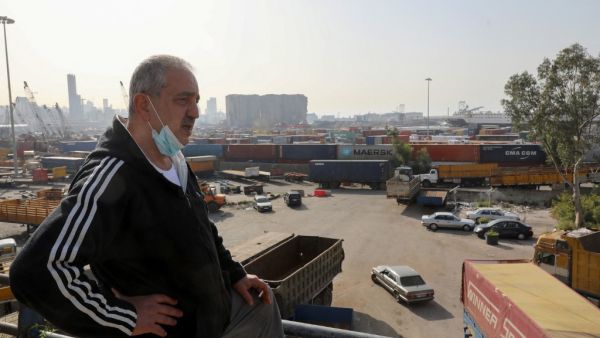Director of the Rafik Hariri University Hospital, Firass Abiad, said on Monday that the number of covid-19 cases are expected to rise during the holy month of Ramadan due to the ritual gatherings practiced during the month of fasting.
6 months after the blast, Beirut is still struggling. Human rights groups say there has been little accountability as COVID-19 cases grow, poverty rates increase, and more people leave Lebanon pic.twitter.com/RO2s9wzrHn
— NowThis (@nowthisnews) February 5, 2021
“With the start of the holy month, mobility and contact will be on the rise. Whether at homes, restaurants, or places of worship, people will gather to do what people on this occasion do. Many will have masks on, though it will be difficult to keep them on while eating,” said Abiad in a tweet.
He said the virus will surely spread further with the new more contagious variants.
“Some will observe the distancing restrictions, though as we now know, more contagious virus variants circulating through the air render many of the old measures less effective. With more than 2000 new cases reported daily and many more flying in, the virus will surely spread further,” he tweeted.
Abiad urged people to be more vigilant, and wished “strength” for the healthcare workers on the front lines providing care to patients with and without the virus.
٣/١ مع بداية الشهر الكريم، ستزداد حركة العامة واختلاطهم. سواء في المنازل أو المطاعم أو أماكن العبادة، سيجتمعون للقيام بما يفعله الناس عادة في هذه المناسبة. سيرتدي البعض الكمامة، على الرغم من أنه سيكون من الصعب الابقاء عليها أثناء تناول الطعام.
— Firass Abiad (@firassabiad) April 12, 2021
This article has been adapted from its original source.










